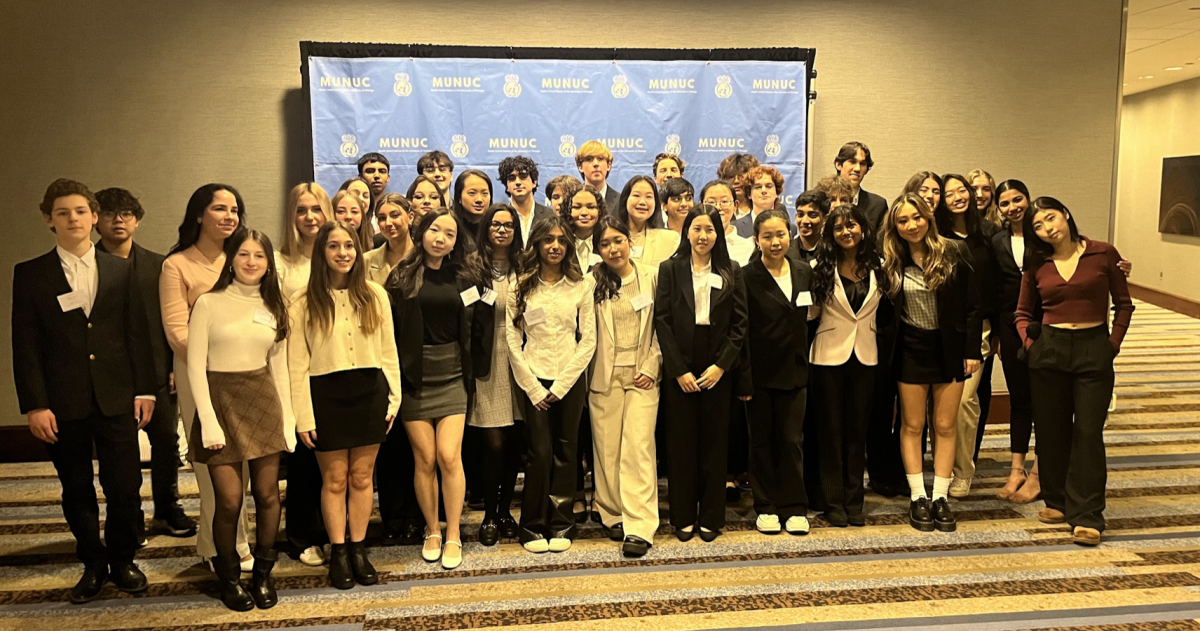Recap on Spring Slam Poetry Unit
May 27, 2022
Come spring, LFA welcomes blooming flowers, a summery breeze, and poetry. The poetry unit, as well as the “Spring Slam” competition, has been prevalent in freshman and sophomore English classes for many years. This unit is overlooked by most, but if that’s the case, why has this unit st2uck around for so long? Poetry’s impact is still very present today. Teachers at LFA speak about how learning poetry at a developmental age has turned them into poets and even changed their outlook on the world. The poetry unit and the Spring Slam competition, over the years, have seen some major changes from its traditional beginnings.
The Spring Slam Competition has been a crucial part of the LFA community. Many things were forcibly changed when COVID-19 first swept through LFA’s campus, including the Spring Slam. In pre-COVID years, the competition had a three-part structure, which included classroom rounds, a semi-final round where English teachers were the judges, and the finals, which was presented in front of the whole school and were judged by non-English faculty. As the 2020-2021 school year kicked off, the competition changed from an all-school event to an in-class activity. This solution preserved the competitive nature within a COVID safe environment. “I really hope [that the competition will go back to normal], obviously everything is dependent on the next few months,” said Lydia Wells, an LFA Freshman English teacher. Despite the many changes of the competition, the goal of the unit remained the same. When discussing the poetry unit, David Wick, an LFA Freshman English teacher, said, “The English department’s goal is to expose students to all the major genres of literature over periods of time. I would say that over half of the greatest works of literature come from poetry”. Wick elaborated, “We would be shortchanging students if we didn’t introduce them to poetry.”
Teachers work hard to implement voices of diversity into their poetry curriculum. Jamal English, an LFA sophomore and senior English teacher uses a voice of passion when it comes to teaching poetry. Mr. English is a poet himself. When it comes to poetry, both teachers and students have noticed significant differences in which students participate and benefit from poetry units. These differences are seen most often between genders. Teachers at LFA sought to include voices of different races, genders, and upbringings. But this ‘point’ might have gotten lost from teacher to student. Madison Rosen ’24, the winner of her freshman class spring slam, noticed differences when it comes to student interest in poetry. Rosen stated that the response to poetry was seen “mostly in girls”. English confirms the presence of a gender bias in poetry and English. English quoted, “There is some difficulty carving space for boys, to perform what we sometimes consider feminine attributes (poetry occasionally labeled as such)”. Gender differences create a wedge that is seen often in schools, it is something that future generations will work hard to change. The separation could be seen at LFA. Although burying the Poetry unit where most of the Spring Slam winners were female. By introducing different voices, teachers hope to engage all students in their units. English hopes that in the future, his students, male and female, are confident in expressing themselves, especially through poetry.
Poetry is for anyone no matter your gender or race. Poetry is made to present yourself as who you are with no boundaries.













